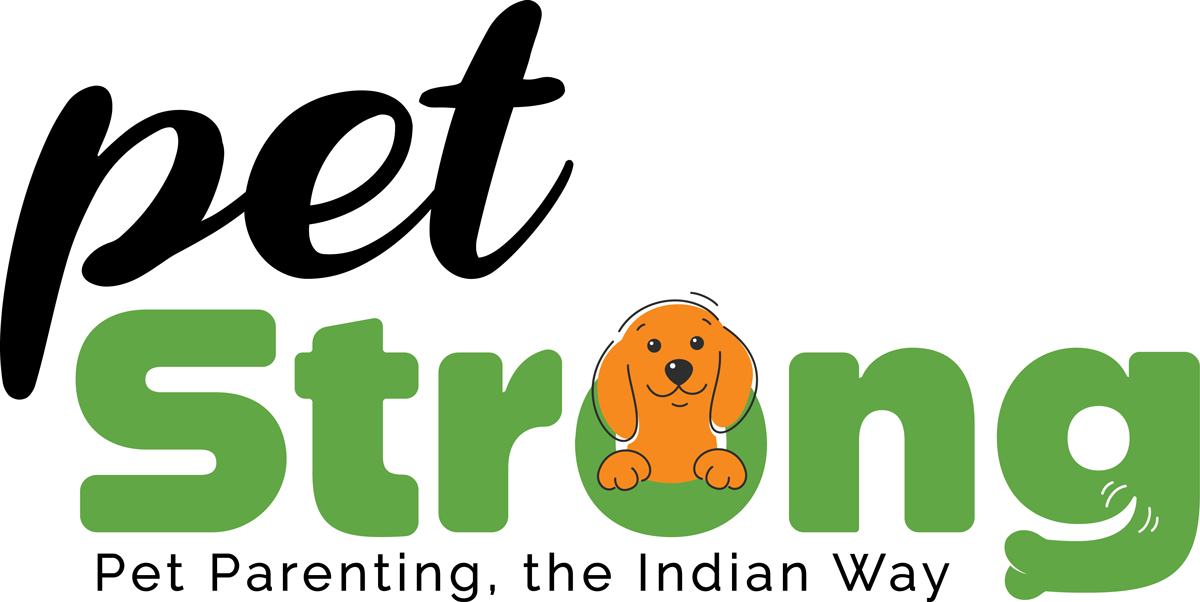Pug - Charming, Mischievous, Affectionate
- Social (9/10): Pugs are extremely sociable and love being around people, especially their family.
- Intelligence (7/10): Smart but stubborn, Pugs can be trained with patience and consistency.
- Protection (4/10): Not protective by nature, but will alert their owners to any strange sounds or activities.
- Height - Males and Females: 10 to 13 inches
- Weight - Males and Females: 6 to 8 kg
- Life Expectancy - 12 to 15 years
About Pug
Pugs are small but sturdy dogs, famous for their wrinkled faces, curled tails, and expressive eyes. Originating from China, these little charmers have made a big impression around the world with their affectionate, playful, and loyal personalities. Their compact size makes them ideal for apartment living, but they thrive on human companionship and don’t do well being left alone for long periods. Pugs are incredibly social dogs that love attention and are excellent with children, making them fantastic family pets. Though they have a laid-back attitude, they can be quite mischievous and love to entertain their owners with playful antics. Pugs are not the most energetic dogs, but they are always up for some indoor fun or a light stroll in the park.
Pug Diet
Pugs are prone to overeating, so it’s important to maintain a healthy and controlled diet. A high-quality, portion-controlled dog food that balances protein, fats, and carbohydrates will keep them healthy and active. Since Pugs have short snouts, they can be prone to breathing difficulties, and their diet should help them maintain an optimal weight to reduce stress on their respiratory system. Avoid table scraps or foods high in fat, and opt for lean proteins like chicken or turkey, along with vegetables and grains that provide them with essential nutrients. Be mindful of treats as Pugs can easily gain weight, which can lead to obesity and related health issues.
Check Your Dog Health Status: Dog Nutrition Calculator
Pug Diseases to Look Out For
Brachycephalic Airway Syndrome
Dietary Interventions
This condition affects Pugs due to their flat faces. Managing their weight is crucial, as excess weight can worsen breathing issues. A low-fat, balanced diet with small, frequent meals can help ease their breathing by preventing obesity.
Obesity
Dietary Interventions
Pugs are highly prone to obesity, which can exacerbate joint, respiratory, and heart issues. A controlled-calorie diet with lean proteins and fiber-rich foods, along with portion management, can help prevent unhealthy weight gain.
Hip Dysplasia
Dietary Interventions
Though more common in larger breeds, Pugs can also develop hip dysplasia. Including glucosamine and chondroitin supplements in their diet supports joint health. A low-calorie, high-protein diet also prevents excess weight that puts strain on their hips.
Pug Wellness
Grooming Tips
- Pugs have a short, smooth coat but shed quite a bit, so weekly brushing helps manage shedding. During shedding seasons, you may need to brush them more frequently.
- Their facial wrinkles need special attention—clean and dry them regularly to prevent infections or irritation.
- Pugs are prone to dental issues, so regular brushing of their teeth is important to prevent tartar buildup and gum disease.
- Bathe your Pug as needed, but not too frequently, as their skin can be sensitive.
Pug Supplements and Wellness
- Fish oil: Rich in omega-3 fatty acids, it promotes a shiny coat and helps reduce skin irritations, which Pugs are prone to.
- Glucosamine and chondroitin: These supplements support joint health and are important for Pugs as they age or if they become overweight.
- Probiotics: A probiotic supplement can aid in digestion and support gut health, especially for Pugs, who are known to have sensitive stomachs.
- Regular exercise: Although Pugs don’t require excessive exercise, daily walks and playtime are essential to keep their weight in check and prevent boredom. Be mindful of extreme temperatures, as Pugs can overheat easily due to their short snouts.
- Veterinary care: Pugs should have regular vet visits to monitor their weight and check for common breed-related issues like breathing problems and joint health. A tailored health plan from the vet ensures your Pug stays healthy and happy.








